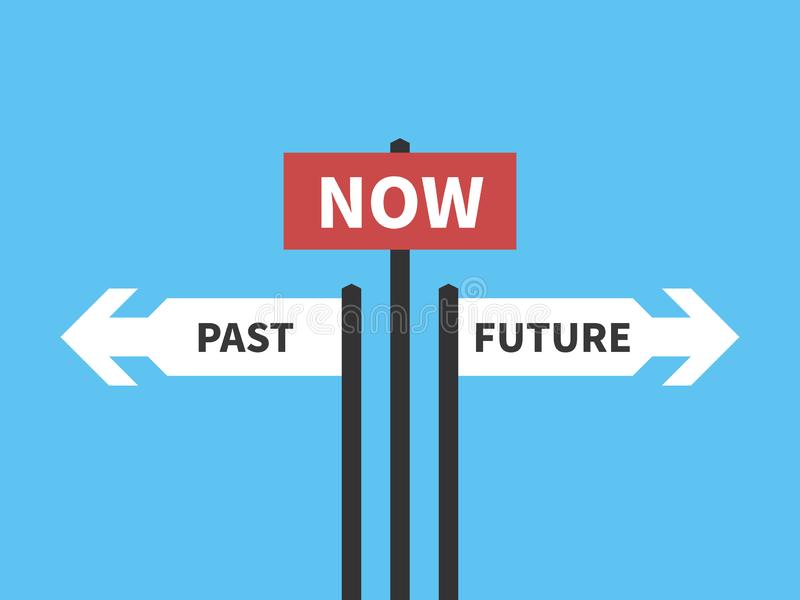Off the record: uncover the present
It was a peaceful Sunday afternoon — the sky was a radiant blue, I had just finished most of my work for the week and I settled onto the couch to obsessively start binging another show. As I mentally prepared myself to enjoy the evening, I was met instead with a wave of existentialism. I had only a little over a month of high school left, I would never see most of these people again and my life was soon about to change, completely.
Overwhelmed with nostalgia, I bolted to my room and pulled out issues of ‘The Epitaph’ from 2018 and started leafing through them. It was innocent enough; I was merely curious.
Soon, however, it became obsessive. I started nitpicking the things I could have done better in my columns, articles, illustrations and page designs. In those moments, I cannot remember feeling anything but an urge to jump back in time and fix all my mistakes. Not only had I overused commas and featured a limited range of sources, but it was also evident I was scared to experiment with my writing style.
Time stops for no one and that is a scary thought to sit with. Letting it marinate and toss itself around in my mind did no good as I constantly ran on a treadmill of anticipating the next big thing, often forgetting to appreciate what I was experiencing in the current moment.
That’s the thing with time — it doesn’t allow you to change what has happened, and there never seems to be enough of it to fully prepare you for the future. So then, why would I spend time reliving the past while dreading the future? As I reflected on my experiences, I realized just how time I had spent fixating on the past or fearing the future. Throughout my life, I had constantly been trapped between these two worlds.Now, I hoped to uncover the reason why I

(Photo courtesy of Dreamtime)
struggled to break away from this destructive pattern.
The answer, itself, isn’t black and white; I cannot offer a simple explanation, for time is an abstract concept bounded by nothing but itself. I learn from the past, and I look forward to the future, but I got trapped in the intricacies of the past and the uncertainties of the future. I entertained the “what if’s” of the past and future, often dedicating hours on what could have been and what can be.
In doing so, I lost all sense of the present. I forgot to slow down to enjoy these fleeting moments, fueling the everlasting cycle of regret and anticipation.
Now, I take in the expanse of the world around me, permissing the past to rest and the future to come as it may. I pick up old copies of ‘The Epitaph’ and instead of viewing them as a compilation of my regrets, I appreciate the hints of creativity in my past work and view them as a look into the past to feel pride in how far I’ve come. I no longer feel I am missing out on life because I am living it in the present, as I abandon the ties that chained me to the past and the trains of thought that pull me into the future.
I no longer miss out on the way my friend’s eyes crinkle as she laughs, my brother’s excitement as he comes to tell me about his day or the pure contentment I feel writing in the present. I no longer let negative thoughts about the mistakes I’ve made in the past and the uncertainties of the future cloud my mind. Instead, I simply exist and write.











